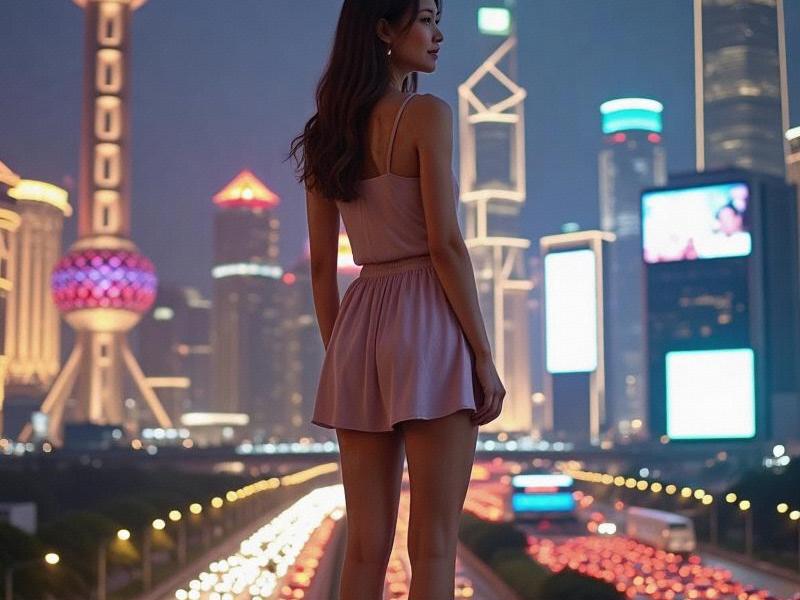This 2,850-word special report explores how Shanghai is reinventing itself for the mid-21st century, examining the delicate balance between technological advancement and cultural preservation in one of the world's most dynamic cities.

[The Dual Identity of a Global City]
The Shanghai Urban Planning Exhibition Center reveals an ambitious vision: by 2040, the city aims to simultaneously become Asia's premier financial capital and a guardian of Jiangnan cultural heritage. This dual mission manifests in projects like the Huangpu Riverfront Redevelopment, where AI-powered waste collection coexists with restored 1930s warehouses.
[Vertical Urbanism Redefined]
Shanghai's skyline continues evolving with:
- The 632-meter Shanghai Tower remaining Asia's greenest supertall
- New "groundscrapers" like the 1.2km-long Cloud Corridor development
- Floating neighborhoods in Lingang New City designed for sea level rise
"Shanghai teaches us that density doesn't require sacrificing livability," remarks MIT urban studies professor Lin Wei.
新夜上海论坛
[The Smart City Laboratory]
Pilot programs transforming urban life:
- 98% public transport usage of facial recognition payments
- Municipal AI predicting traffic congestion with 93% accuracy
- Blockchain-based property registration cutting processing from 30 days to 3 hours
[Heritage in the Digital Age]
Innovative preservation efforts:
上海龙凤419手机 - VR reconstructions of demolished Shikumen neighborhoods
- "Living museum" programs in the Old City
- AI-assisted restoration of colonial-era frescoes
[Challenges on the Road to 2040]
Persisting urban issues include:
- Housing affordability despite 1.2 million new units
- Aging population (34% over 60 by 2035)
- Balancing migartnintegration with local identity
上海娱乐联盟 [The Global Implications]
Shanghai's experiments influence:
- Singapore's new digital governance models
- Tokyo's flood prevention systems
- London's transit-oriented development plans
[Conclusion]
As Shanghai approaches its bicentennial as a treaty port in 2042, the city demonstrates how global metropolises can write their own rules for 21st century urban development. The Shanghai Model - simultaneously futuristic and nostalgic - offers valuable lessons for cities worldwide navigating the tensions between progress and preservation.